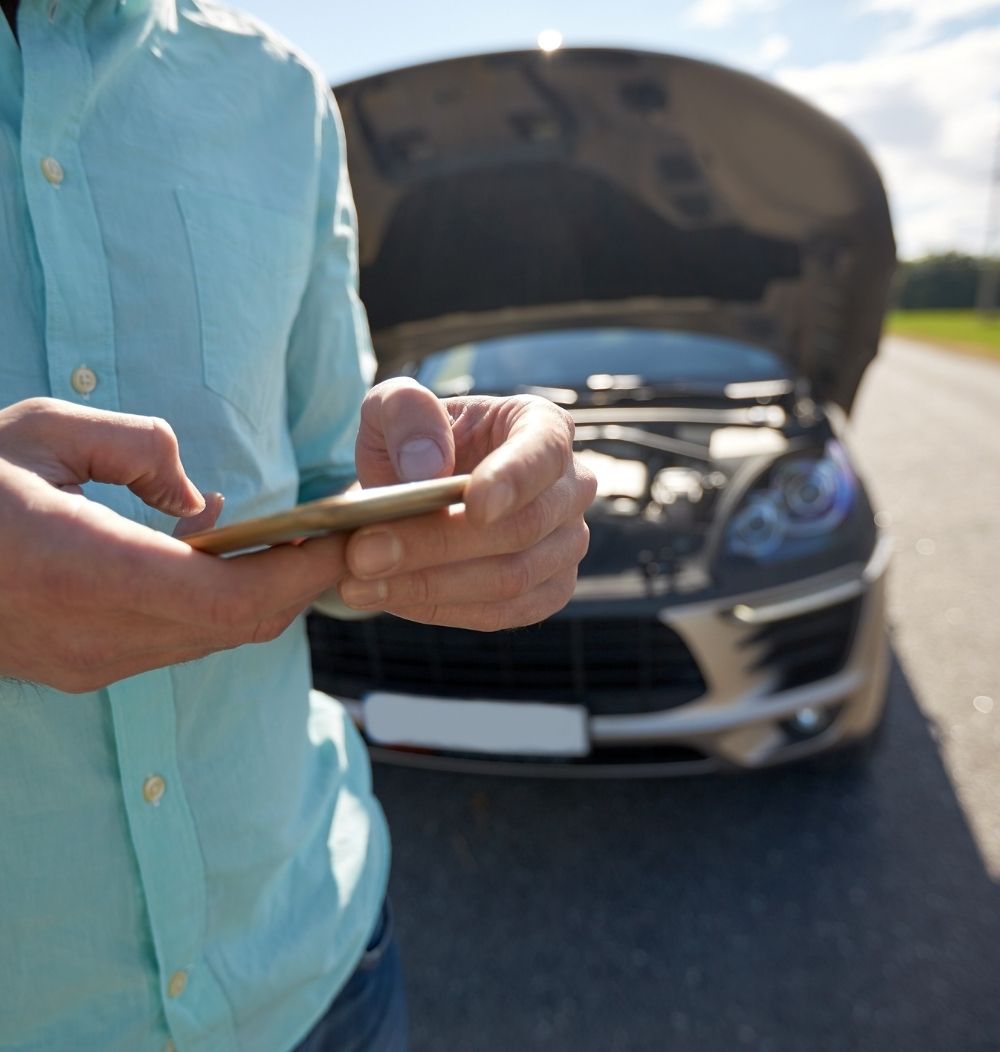Be Financially Prepared in an Emergency!

Picture this: Your car breaks down on your way home from work and you’re amazed at how much it will cost to get it fixed. Or you slip on an icy sidewalk, breaking your ankle and running up some large medical bills. Unexpected events happen all the time, and they often bring some big expenses with them. Will you be covered? The best way to make sure you have the cash you need in a crisis is to set up an emergency fund.
How Does It Work?
An Emergency Fund is money you keep in a bank account that is reserved exclusively for unexpected events that will require more cash than you usually have on hand. The idea is to allow you to cover your big expenses in a crisis so that you don’t have to pile up debt with a large credit card balance or by taking out a high-interest loan.
How Much Should You Have?
A good goal is to have enough money to cover between three and six—or even nine—months’ worth of expenses. That will help in case you lose your job and have to search for a new one, or if you face an especially large unexpected expense. That amount might sound like a lot, but don’t give up! Start small with a manageable minimum weekly contribution, then add more whenever possible. Set a doable long-term goal at first, such as saving two weeks’ pay, then keep building. Soon saving will be second nature.
Where Should I Keep the Fund?
A good choice is a high-yield savings account, that way you can get the money when you need it and earn interest. If possible, keep this account separate from your regular checking and savings so that you’re not tempted to dip into it for daily needs or splurges.
How Can I Make the Money Grow?
If you get a tax refund or a bonus at work, consider depositing it straight into your emergency fund account as a quick way to boost your balance. Building your emergency fund can also help motivate you to examine your monthly budget to find expenses that can be cut—with the savings going into your emergency account. Bringing your lunch to work and skipping that extra coffee can really make a difference, as can trying to negotiate a lower price on your cable or cell phone bill. Collecting the change—and even some small bills—from your wallet every day and putting them in this account can also make it add up. Remember: be strict about what you define as an “emergency.” Repairing a leaky roof qualifies, but a vacation, buying especially nice holiday presents or paying your phone bill do not.